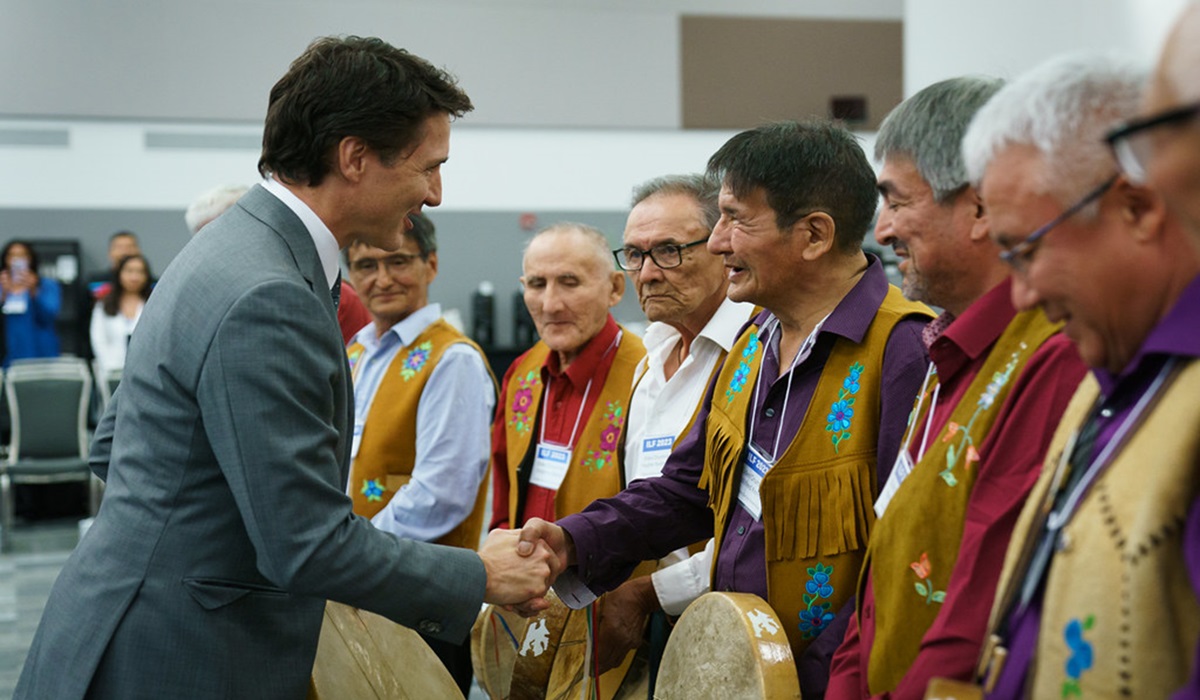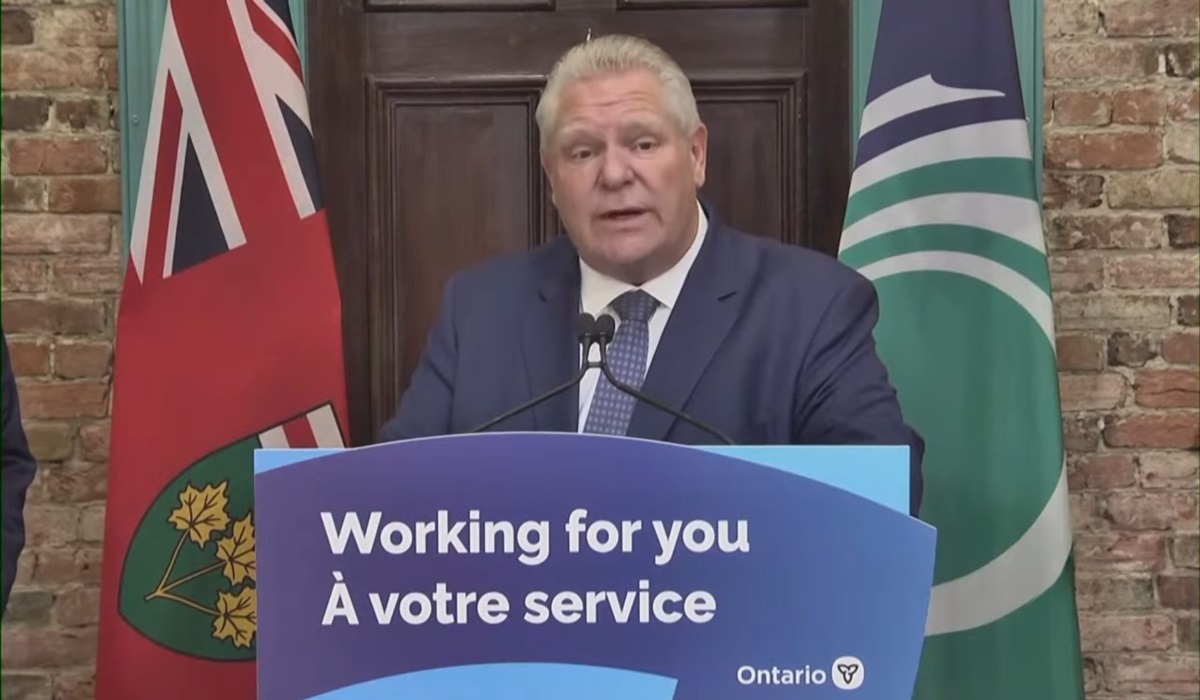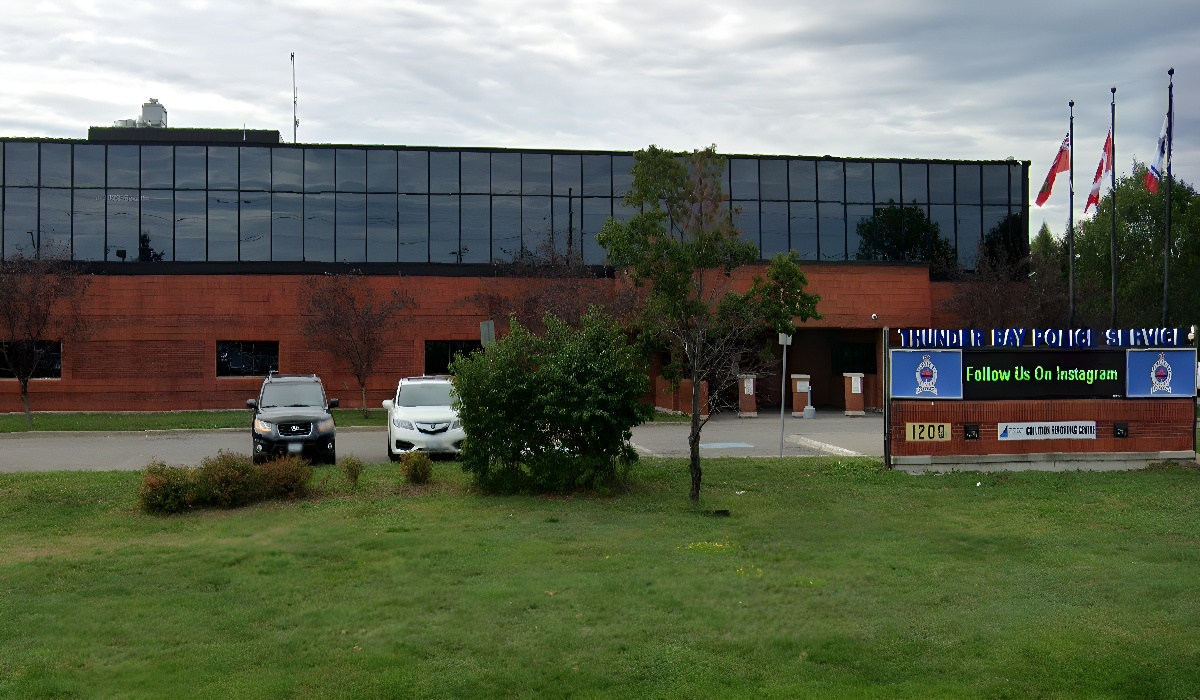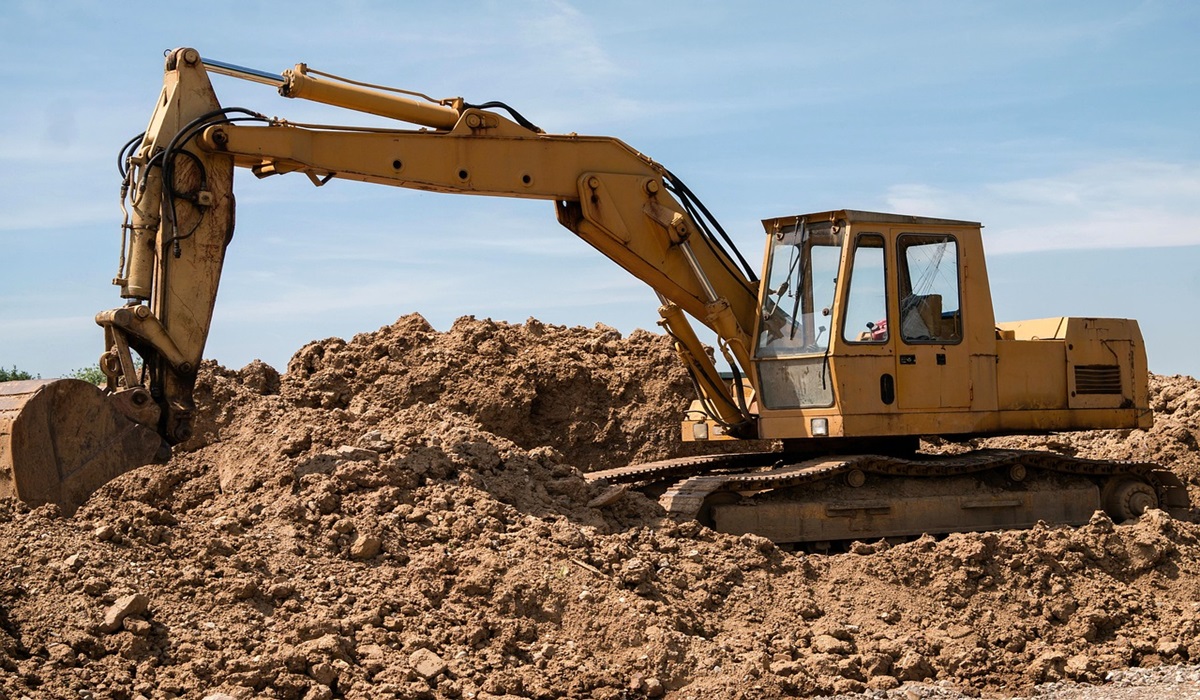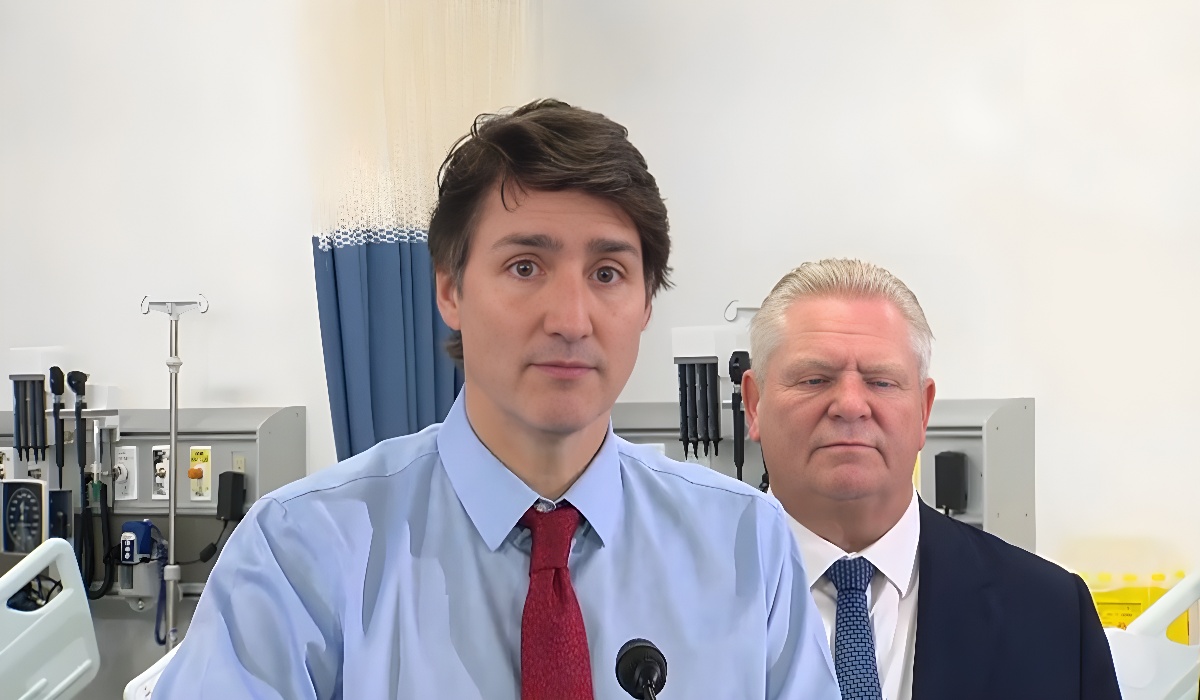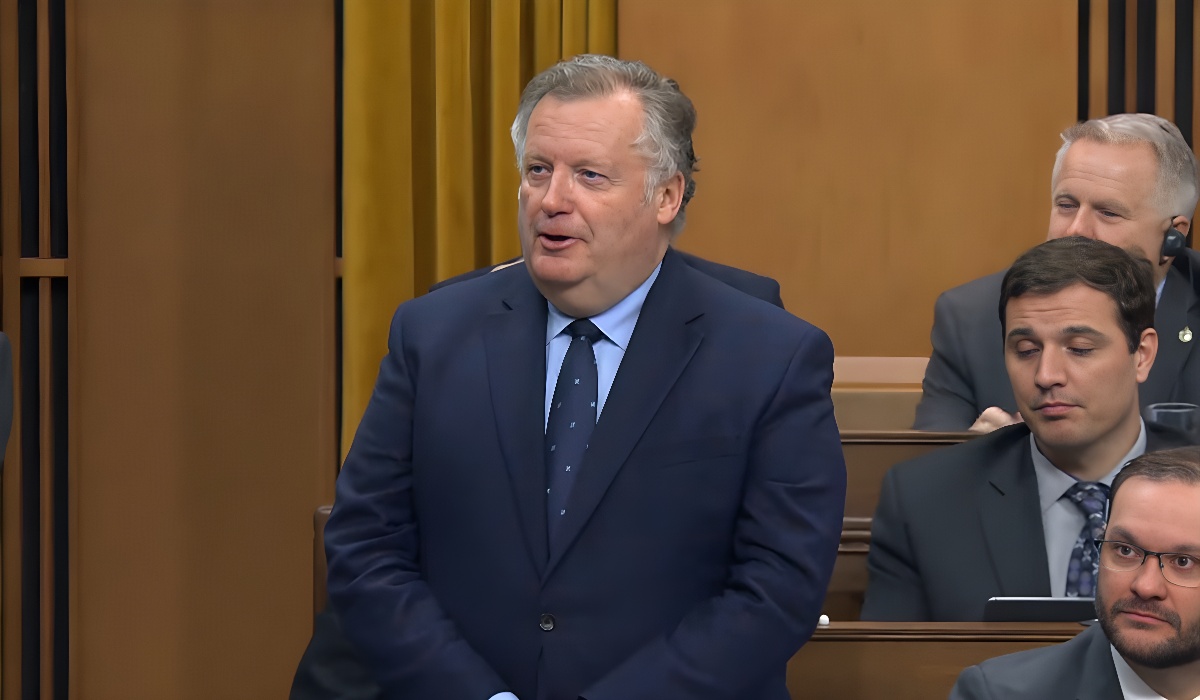Northern Ontario First Nations receives $13M to reduce fossil fuel dependency
- TDS News
- Eastern Canada
- Indigenous
- September 21, 2020
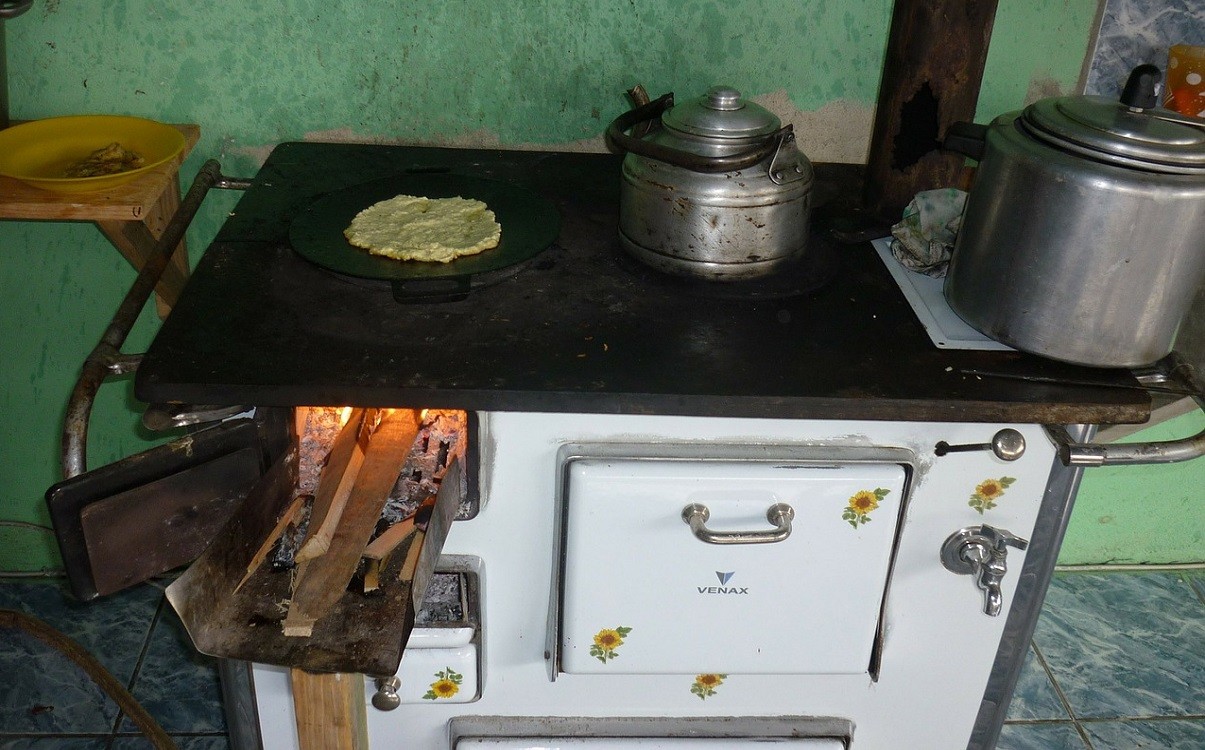
First Nations communities have been paving the way for reduction of fossil fuels throughout the country
Canada’s forest sector plays a central role in combating climate change, driving innovation and creating economic opportunities for rural and Indigenous communities. The best solutions for combating climate change in these communities come from the people who live there. .
Today Patty Hajdu, Minister of Health, on behalf of the Honourable Seamus O’Regan, Canada’s Minister of Natural Resources, announced nearly $13 million in funding for six projects in Northern Ontario:
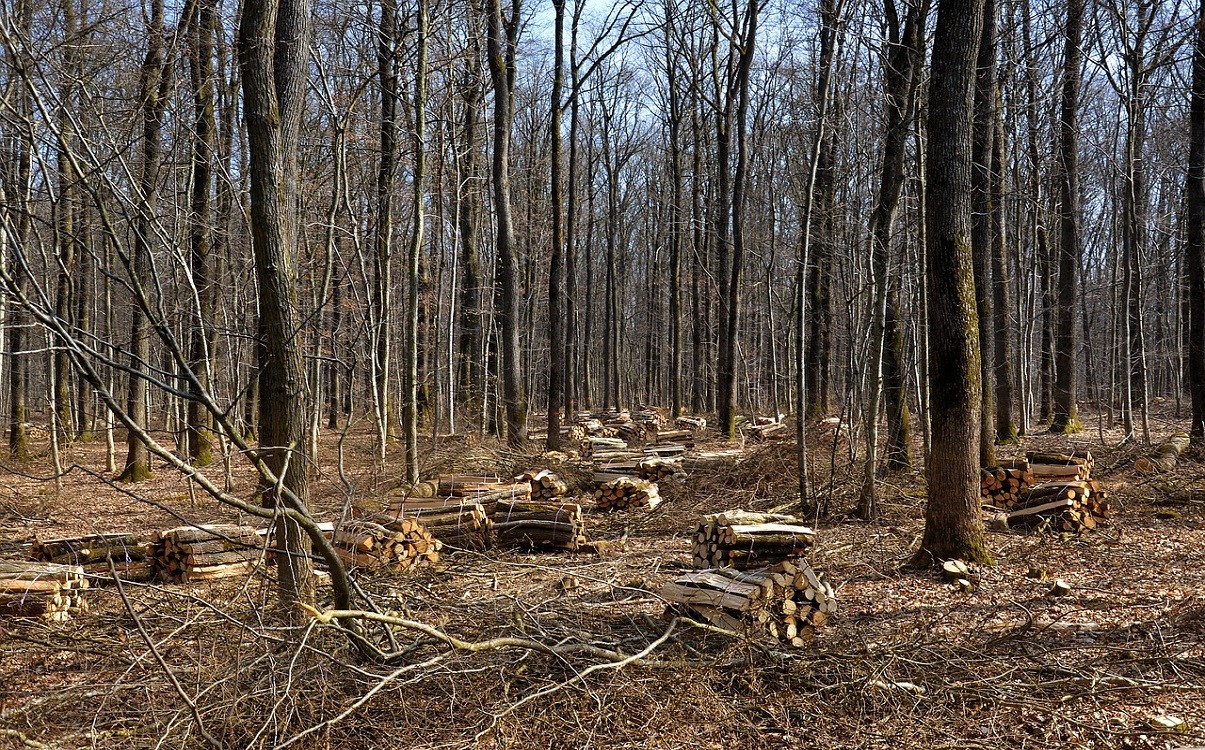
- $1,670,000 to Askii Environmental Inc. to install biomass heating systems in Kitchenuhmaykoosib Inninuwug First Nation and Pikangikum First Nation, which will offset the fossil fuel used to heat schools in these communities;
- $2,452,750 to Wikwemikong Development Commission to demonstrate the effectiveness of forest-based biomass and efficient residential heating sources in Wikwemikong Unceded Territory through the installation of pellet stoves, biomass boilers, wood pellet furnaces and wood pellet storage silos;
- $2,532,000 to the Nishnawbe Aski Nation to replace existing woodstove heating appliances in six of the nation’s communities with upgraded high-efficiency woodstoves, which will reduce fossil fuel heating use by lowering demand on the community’s diesel-generated electricity supply;
- $1,051,000 to Bingwi Neyaashi Anishinaabek to replace the community’s sawmill diesel heat source with a biomass system and to install biomass-compatible heating systems in three new housing units in preparation for future biomass heating expansion, which will demonstrate the economic development benefits and cost-effectiveness of biomass heating;
- $4,168,000 to Sagatay Cogeneration Limited Partnership to develop engineering plans for a biomass cogeneration system, which, once constructed, would reduce the community’s dependence on diesel fuel for heat and electricity; and
- $983,000 to Wahgoshig First Nation to install a forest-based biomass heating system for four community buildings — the Community Firehall, Lands and Resources Office, Community Centre and Community Elder’s Residence — which will reduce harmful greenhouse gas emissions.
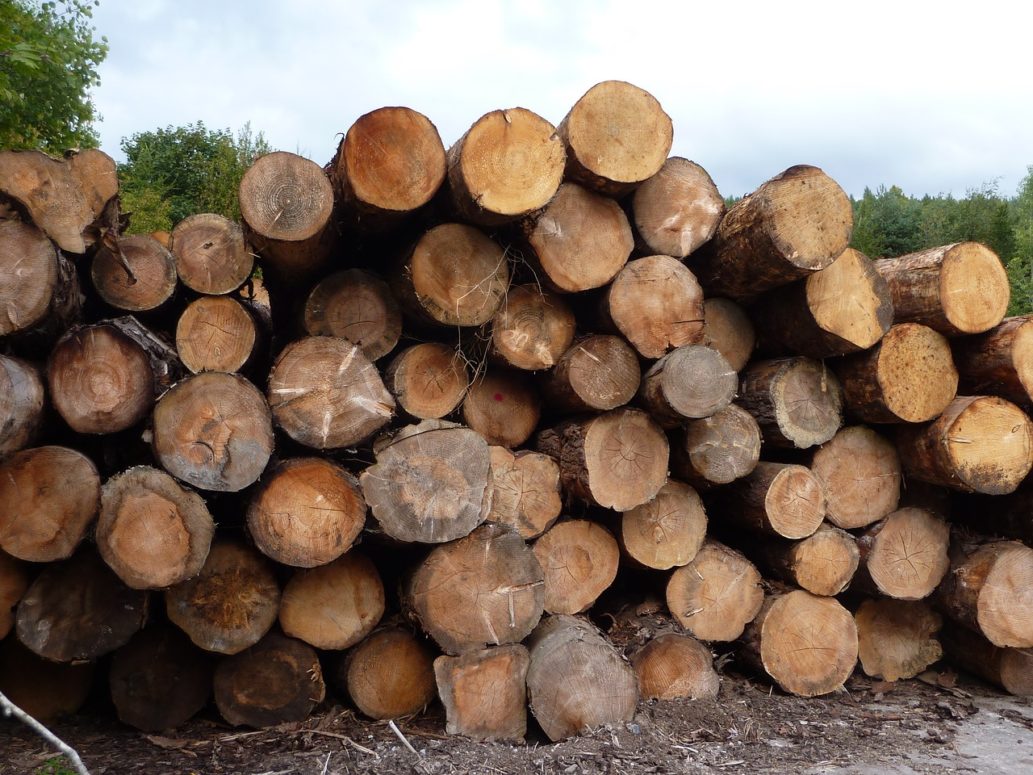
These projects will help Indigenous communities reduce their reliance on fossil fuels, decrease emissions and demonstrate the efficiency and cost-effectiveness of biomass heating. Funding these initiatives will also increase local Indigenous economic development by providing an opportunity to participate in the bioeconomy by using renewable sources of heat, all while creating local employment.
Funding for these projects comes from the Clean Energy for Rural and Remote Communities Program: BioHeat Stream. The six-year, $220-million program aims to reduce reliance on diesel in rural and remote communities by deploying and demonstrating renewable energy, encouraging energy efficiency and building local skills and capacity.
It is part of the Government of Canada’s Investing in Canada infrastructure plan, which invests more than $180 billion over 12 years in public transit projects, green infrastructure, social infrastructure, trade and transportation routes and Canada’s rural and northern communities.
Canada is investing in Indigenous-led projects so that communities can be better positioned to participate in Canada’s bioeconomy and benefit from creating clean energy solutions that use forest-based biomass. Increasing Indigenous participation in the management of forest resources on traditional lands is key to ensuring Canada’s forests are used to their full potential while keeping them healthy and vibrant.

